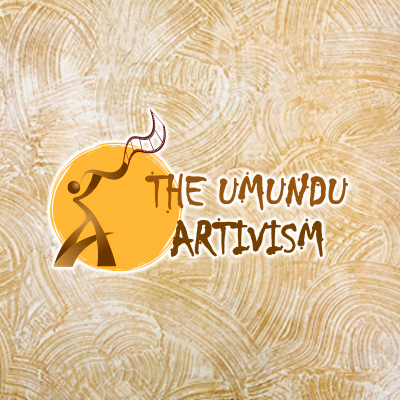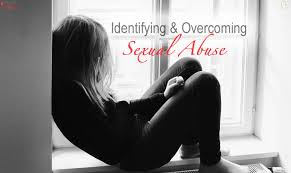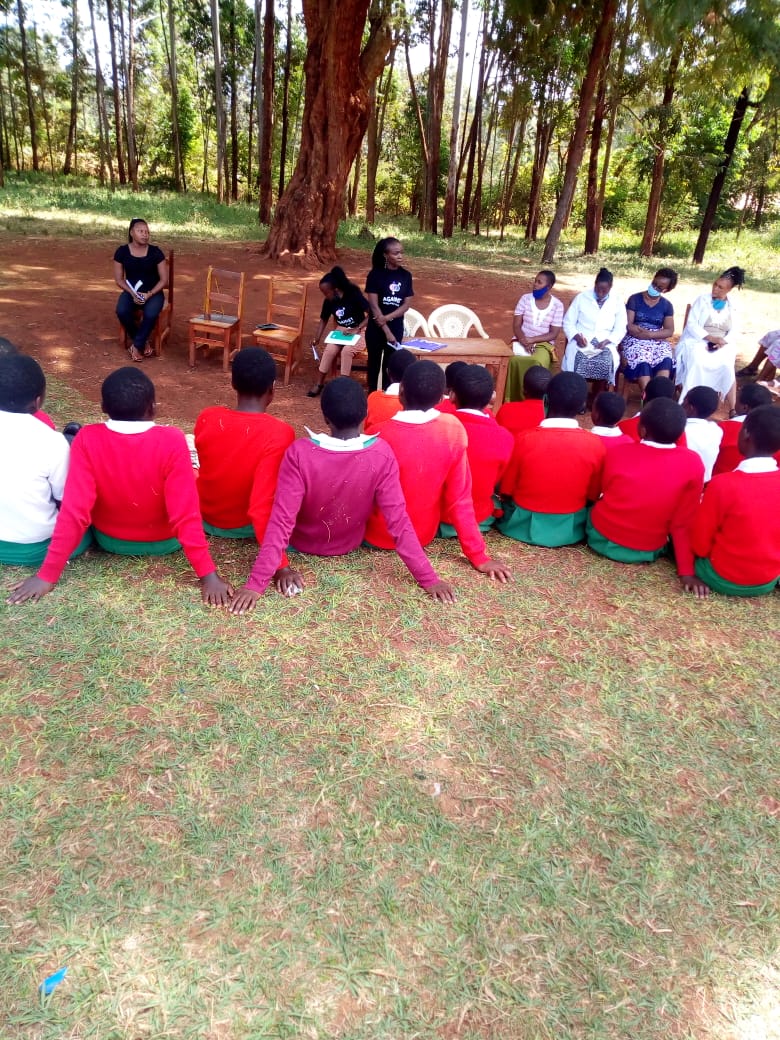1 in every 3 women and 1 in every 4 men globally have been sexually assaulted at some point in their lives, this is according to data from the Centers for Disease Control and Prevention (CDC). It is very important to note that sexual assault is not limited to women, each year a significant number of men and boys suffer from rape and sexual trauma.
The impact of trauma is beyond the physical injuries that one may receive. It is socially, psychologically, mentally, and emotionally exhausting. The world no longer feels like the safe place you once knew. Relationships feel blunt if not dangerous, and intimacy becomes foreign and impossible.
Healing from rape and sexual trauma takes time and can be a painful process for the victim and those around them. On the brighter side, you can regain your sense of control, rebuild your self-worth, and with a team of supportive friends and family, you learn the healing process.
COMMON MYTHS AND FACTS ABOUT RAPE AND SEXUAL ASSAULT
Myth: You can spot a rapist by their appearance
Fact: Rapists look normal and non-threatening
Myth: If you did not fight back, you must have entertained the idea
Fact: During an assault, your body and the brain get numb making it impossible to take any action.
Myth: Victims contribute to their assault by their dress code or actions
Fact: Rapists choose victims based on their vulnerability not on their appearance or actions.
Myth: Rape over a date is often due to a misunderstanding
Fact: Rapists who attack their victims over a date are repeat offenders.
Myth: It’s not rape if the offender is your Intimate Partner
Fact: If your partner forces intercourse against your will, it's rape.
STEPS TO HEALING FROM RAPE OR SEXUAL TRAUMA
- Open up about what happened to you
Staying silent denies you the opportunity to get help. Reach out to someone you can trust or a therapist, or call hotline numbers available in your country where you can get help. You may join a support group for other survivors either a physical one or through online platforms.
- Stay Connected
Isolation will only worsen your condition. Participate in social activities like going to the park with friends, playing board games, going out for hikes. Reconnect with old friends and make new friends as they all come with new experiences or refresh memories of a beautiful past.
- Nurture Yourself
Get out and discover or grow a skill or two. You may have always admired acting, go out for auditions. Paint all the colors of the wind if you can, read books, do yoga…everything possible to reconnect with yourself. Avoid anything that may drain you or remind you of the ugly incident. Take care of your physical, spiritual, and mental health. Try out activities such as Rhythmic movement, Mindfulness medication, and Getting a massage.
NB: Remember, healing starts from you, avoid anything that may remind you of the assault, and associate with everything that makes you happy.


